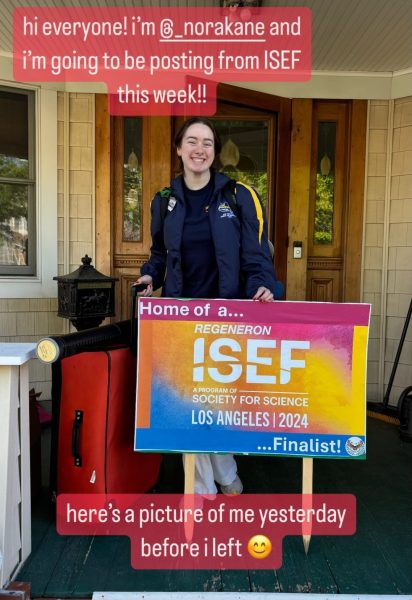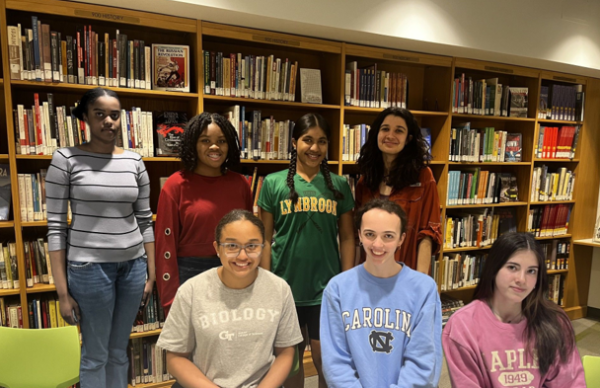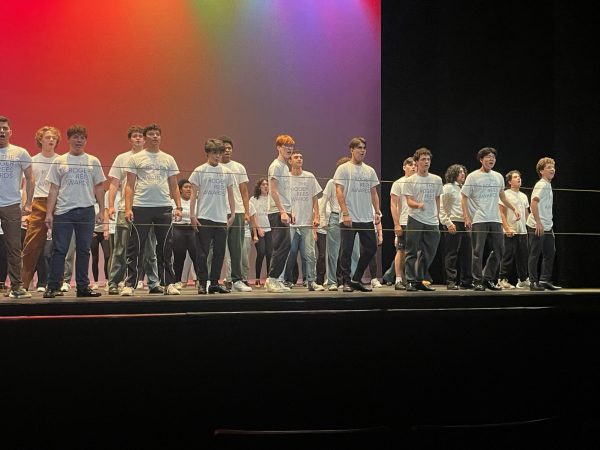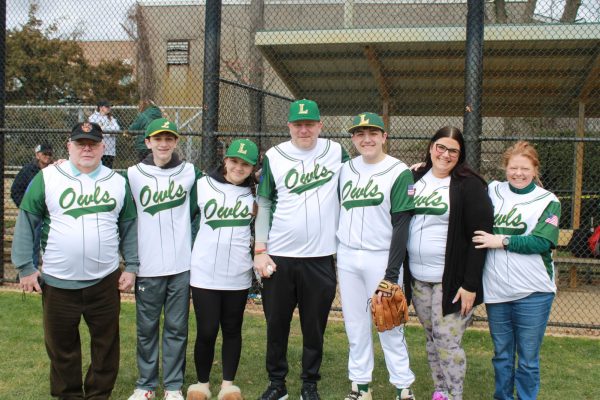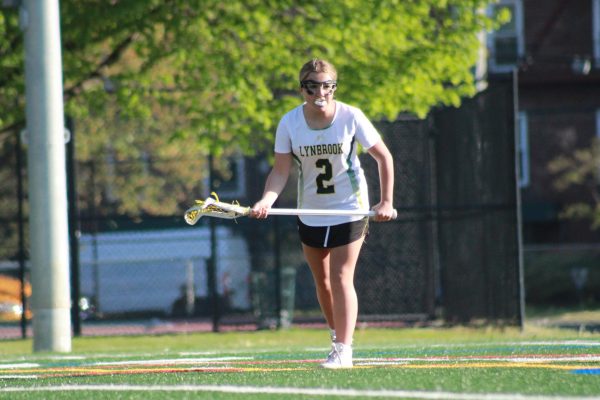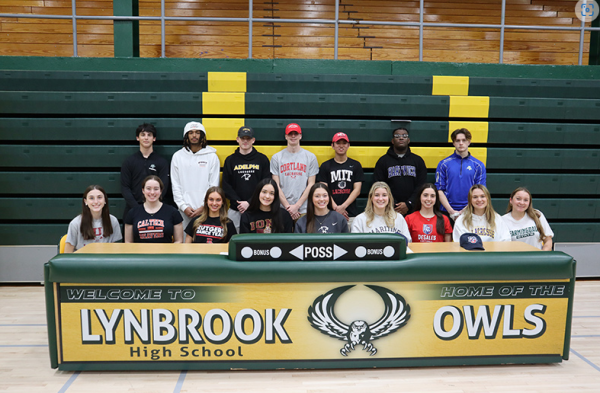New Electives Expand Opportunities for LHS Students
Photo courtesy of Madeleine Malinka and Benedict Tieniber
Speech and Debate students at work

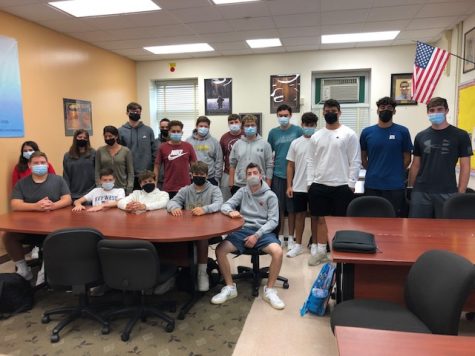
LHS’s new wing is not the only new improvement to the building this school year. Two new electives are now available for students to explore their interests: Speech and Debate and Accounting II. Students who are currently enrolled in these classes have begun to recognize the wide-ranging skills and benefits they will gain from these new courses.
One of the new electives available to students this year is Speech and Debate, a one-semester class taught by Library Media Specialist Maureen Bertolini. A club version of this elective — the LHS Speech, Debate, and Model Congress Team — has previously been available to students. Speech and Debate was added to this year’s list of elective options thanks to senior Julia Swerdin, who delivered a speech at a Board of Education meeting last school year requesting that such a class be offered.
As described in the course guide, students in Speech and Debate will learn to utilize rhetoric, research controversial issues, and prepare points to argue at debate events. With its wide range of important topics, Speech and Debate provides many skills that will benefit students in various areas.
Swerdin, who is presently enrolled in Speech and Debate, said that communicative skills are a major benefit from this elective: “It’s really amazing to learn how to get your point across in an intelligent manner, using legitimate facts and not just blurting out your opinion without first thinking of it.” Swerdin also said that Speech and Debate teaches students valuable research skills. “You really learn how to use databases and reliable sources to garner facts,” she added.
Bertolini explained that this elective is beneficial because students learn to develop and utilize opportunities to vocalize their perspectives. She said the class is “very involved” because students not only get to “prepare all of their own work, but they also get to deliver in their own voice,” she added.
A central part of Speech and Debate is the participation in live competition events. Events that students may participate in include Extemporaneous, Lincoln-Douglas, Public Forum, and Model Congress debates. In each event besides Model Congress, students are assigned an issue and debate against students from other schools, either one versus one, or two versus two.
In all but Extemporaneous — in which the topics are assigned right before the event — students are given weeks or months beforehand to research their topics and find arguments either for or against them. Model Congress is especially beloved because of its unique and exciting layout. Bertolini explained that in a Model Congress debate, “You’re writing about your own personal interests; you’re proposing those interests in the form of a bill or a resolution in a chamber of other congressmen and women.” Participants may give an affirmative viewpoint or a negative viewpoint on each bill. At the end of each round, the bill is either approved or vetoed, mirroring the process of the real U.S. Congress. Swerdin described these debates as “exhilarating” and said that Model Congress is her favorite debate event.
Both Bertolini and Swerdin agree that the skills gained from the new Speech and Debate elective are extremely useful in any career. Bertolini said that although people may assume debate is a humanities-driven field, she has seen math and science-inclined students thrive in the club.
“Math or athletically-inclined students do well because they relate to facts and statistics, which is also a vital way of speaking,” Bertolini said. “I’ve seen a very diverse group of kids.” She added that other courses compatible with Speech and Debate include Financial Markets and economics because “so many of our topics are…economically debatable as well.”
On the topic of economics and finance, the second newly available elective this year is Accounting II. This class, also a one-semester course, is taught by business teacher Benedict Tieniber. It builds off of Accounting I, which, according to LHS’s Curriculum Guide, “include[s] the study of the application of basic accounting principles as they are used in the general accounting cycle, including journal entries, ledgers, trial balances and financial statements.”
Accounting II goes further to include studies in financial accounting topics and managerial accounting. Tieniber said that some of the benefits of taking Accounting II include learning how to form a company independently and increasing comprehension of taxation and business law. He added that taking this class can put students on the pathway to becoming “actuaries, budget analysts, tax examiners, external auditors, compliance professionals, bank examiners, commercial bankers, estate planners, or consumer credit officers.”
Along with following the route of finance and business, Accounting II can grant students knowledge that is essential in any future occupation. “A career in accountancy will give you the opportunity to use many skills including leadership, problem-solving, team building, and communications skills,” Tieniber states. “In addition, topics covered in this course may assist students in their own personal financial decisions.” Other courses that complement Accounting II include Virtual Enterprise, 21st Century Economics, Financial Markets, Senior Seminar, and AP Economics.
Brandon Torres, a senior taking Accounting II this semester, explained that because the class goes into the specifics of the accounting career, it helps students decide whether they would like to pursue it further. “I like how it gives us an insight into what accounting really is and what accountants actually do on a day-by-day basis,” Torres said. “I look forward to learning how to create budgets, calculate taxes, and manage money. I believe these are all important life skills that will be useful in college and beyond.”
As students look towards their futures, they continue to individualize their educational paths. With an ever-increasing list of electives, LHS is also looking to the future, expanding its limits so that students can expand theirs.
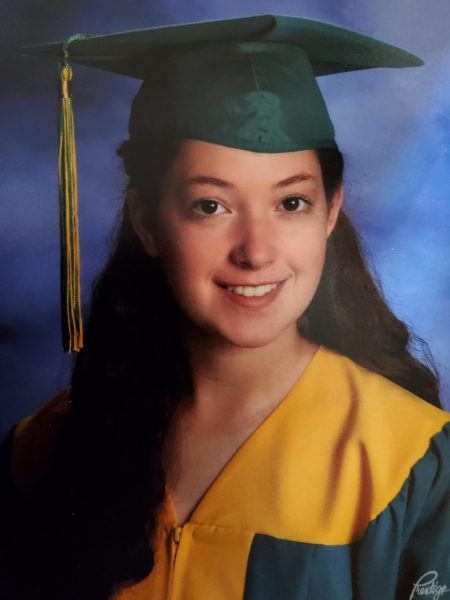
I am a member of the class of 2024 and a co-editor-in-chief of Horizon's online publication. I have one dog and eleven siblings, and I love to read!


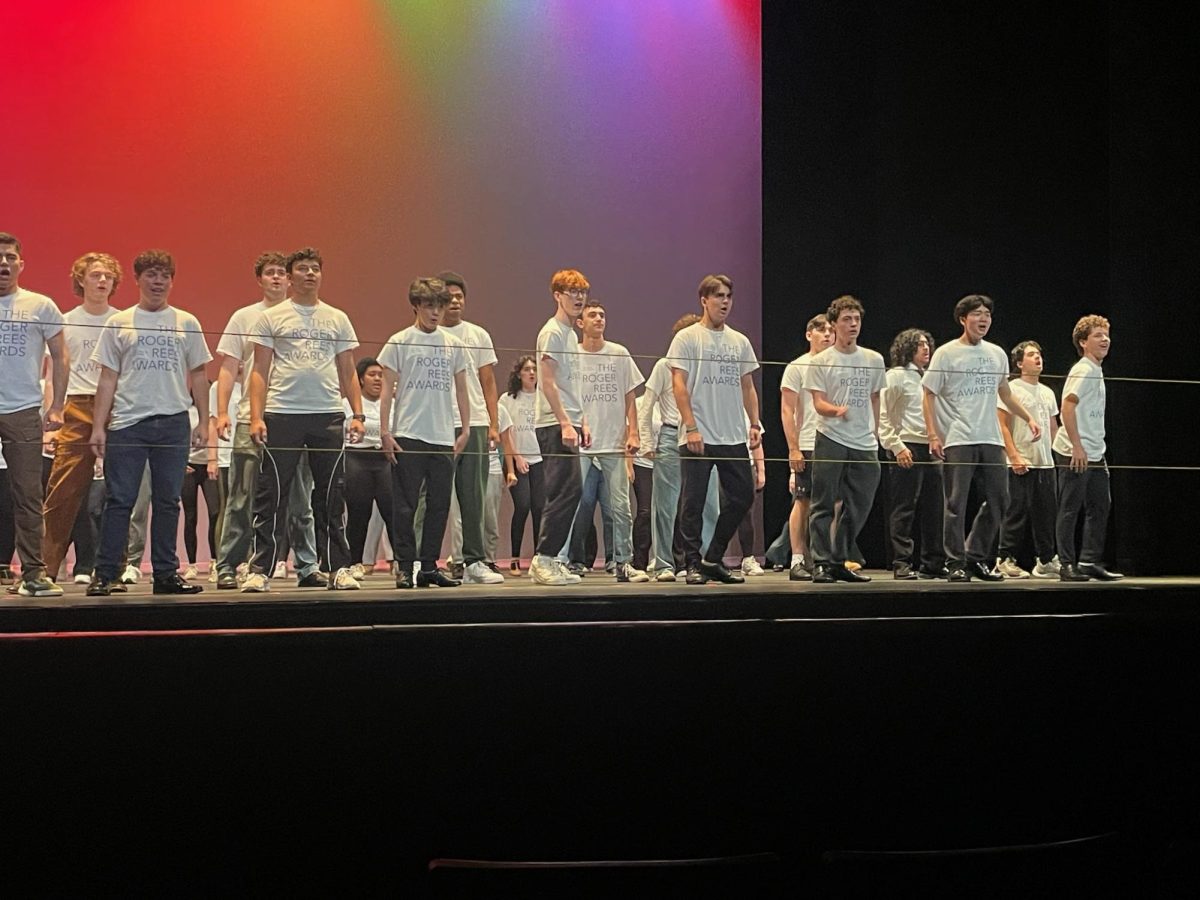
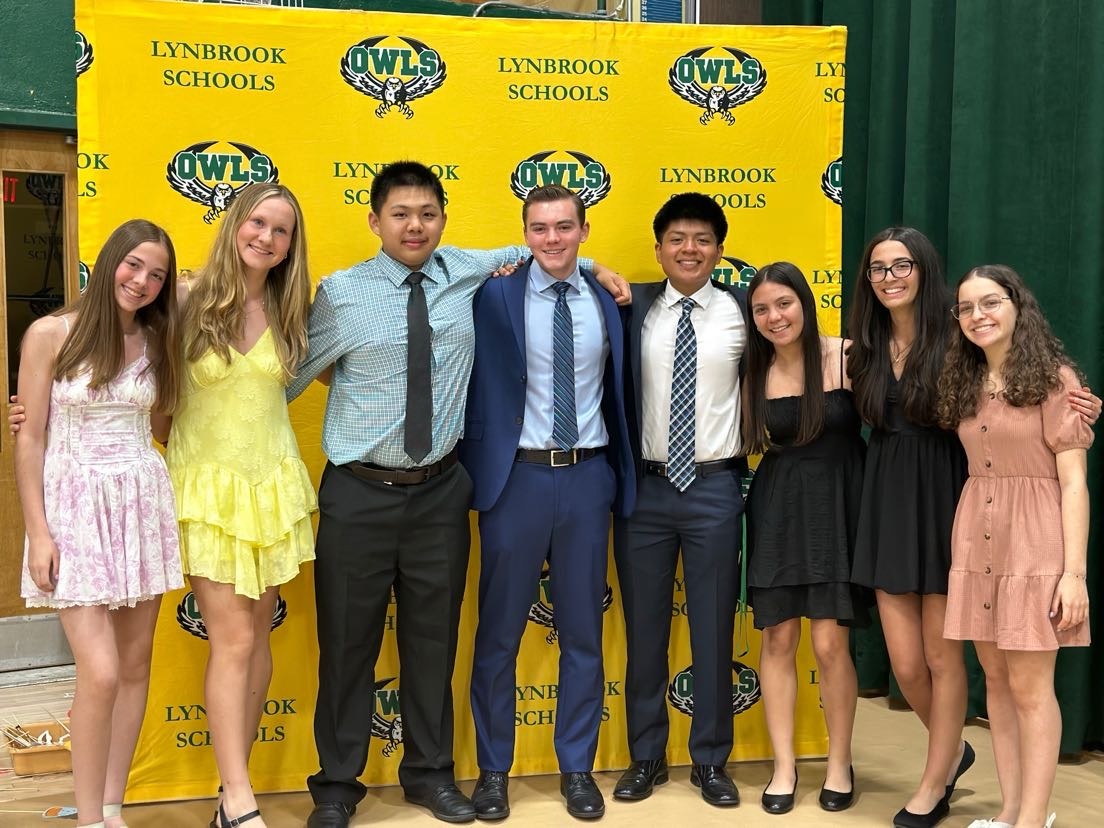
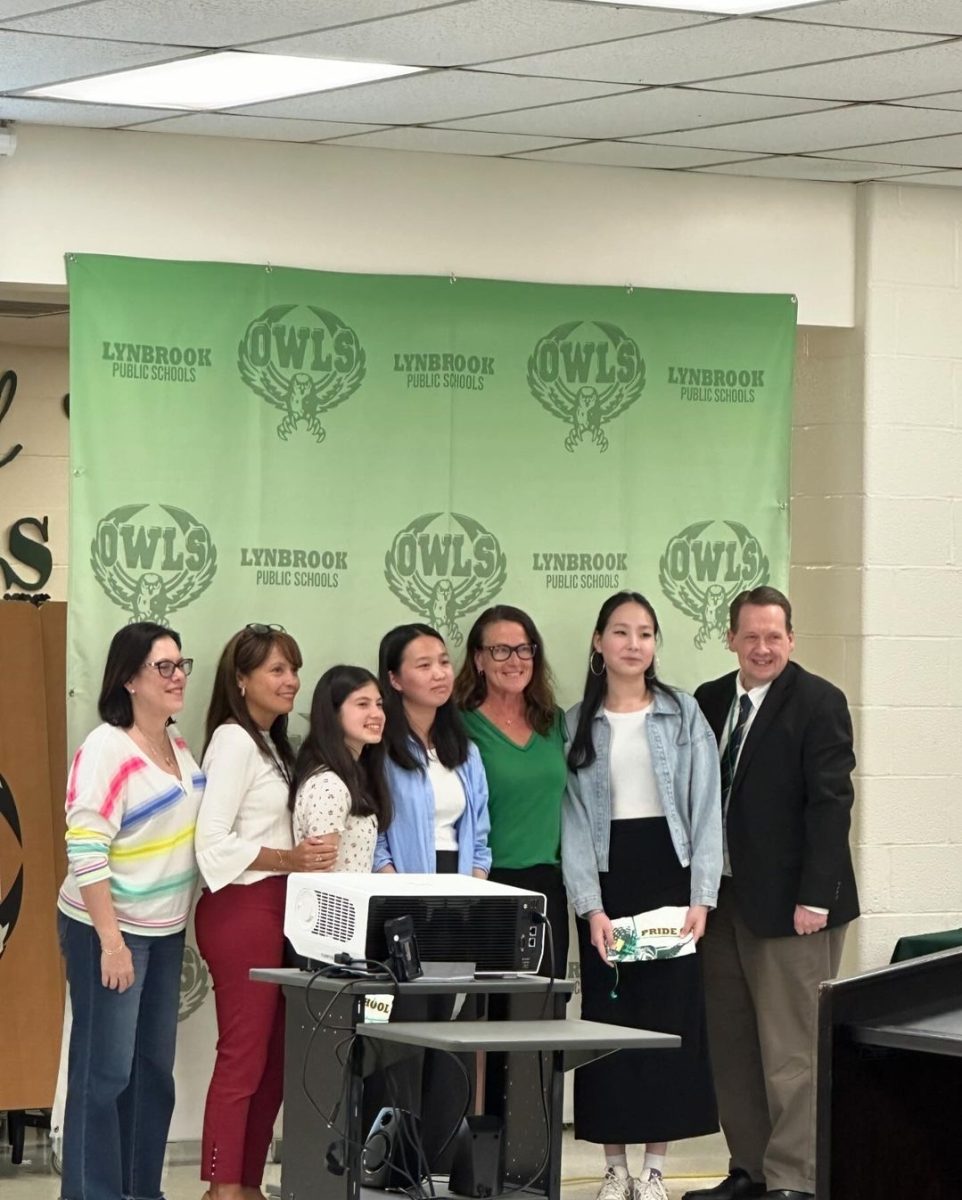
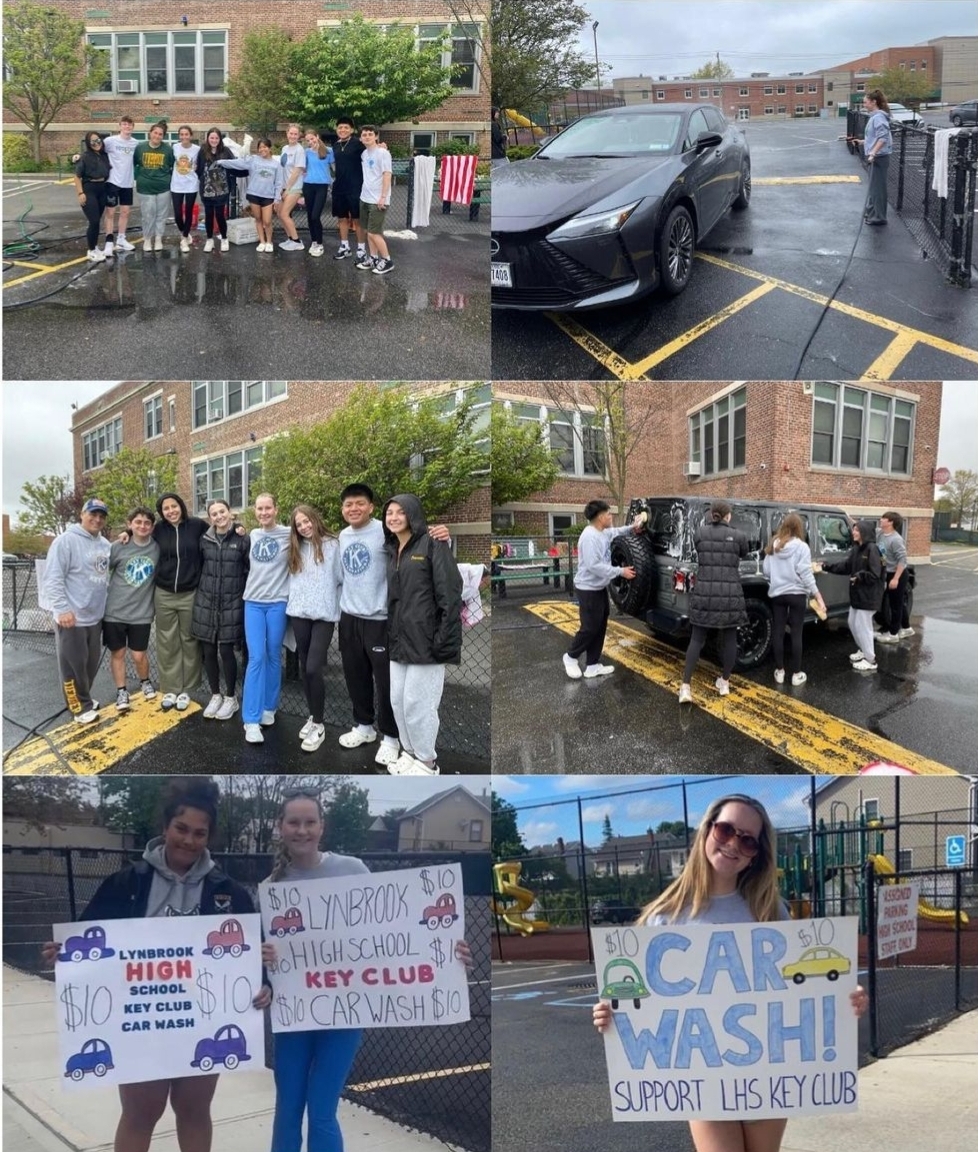


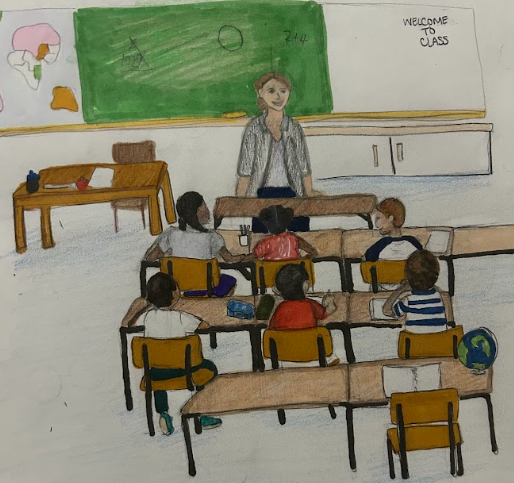





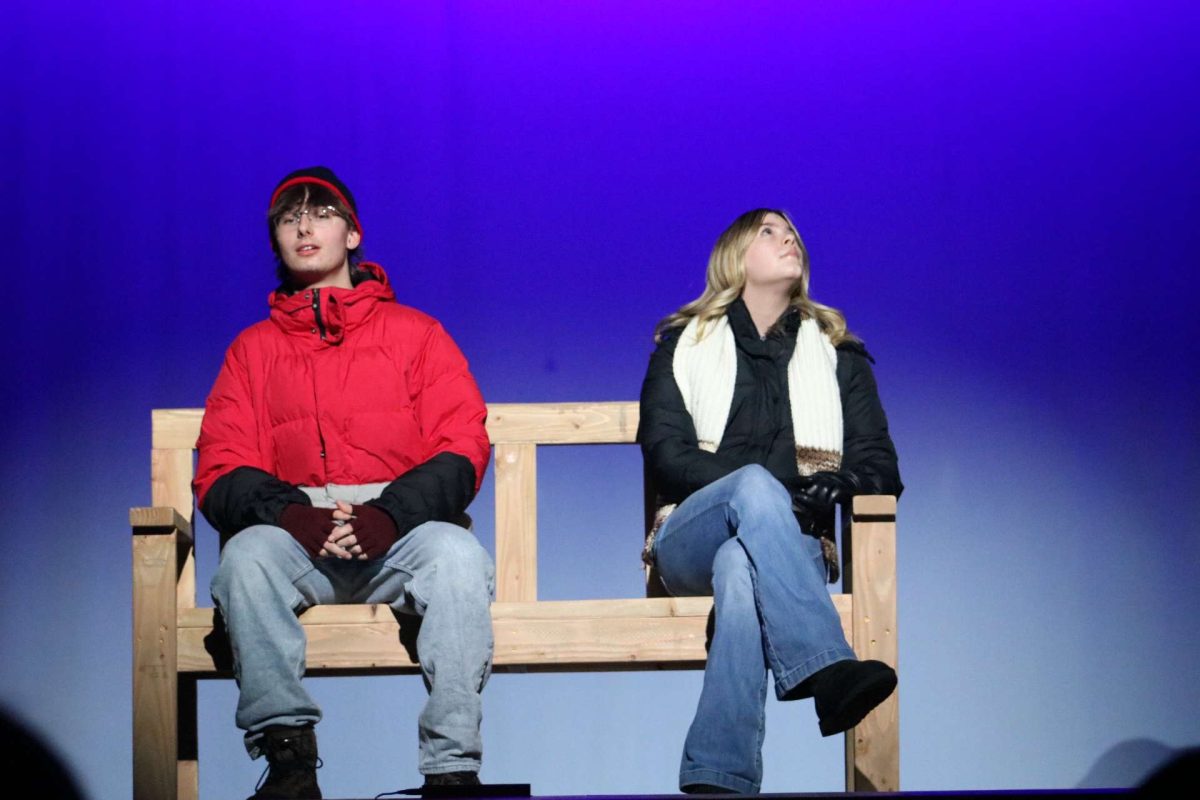
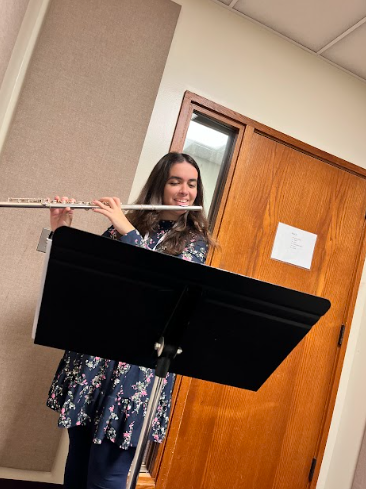
![Key Club members pose for a photo with Club Advisor Dr. Tieniber [far right] at Stonebridge Country Club. Photo Courtesy of @lhstieiber Instagram page.](https://lhshorizon.com/wp-content/uploads/2024/10/tempFileForShare_20241014-162748.jpg)
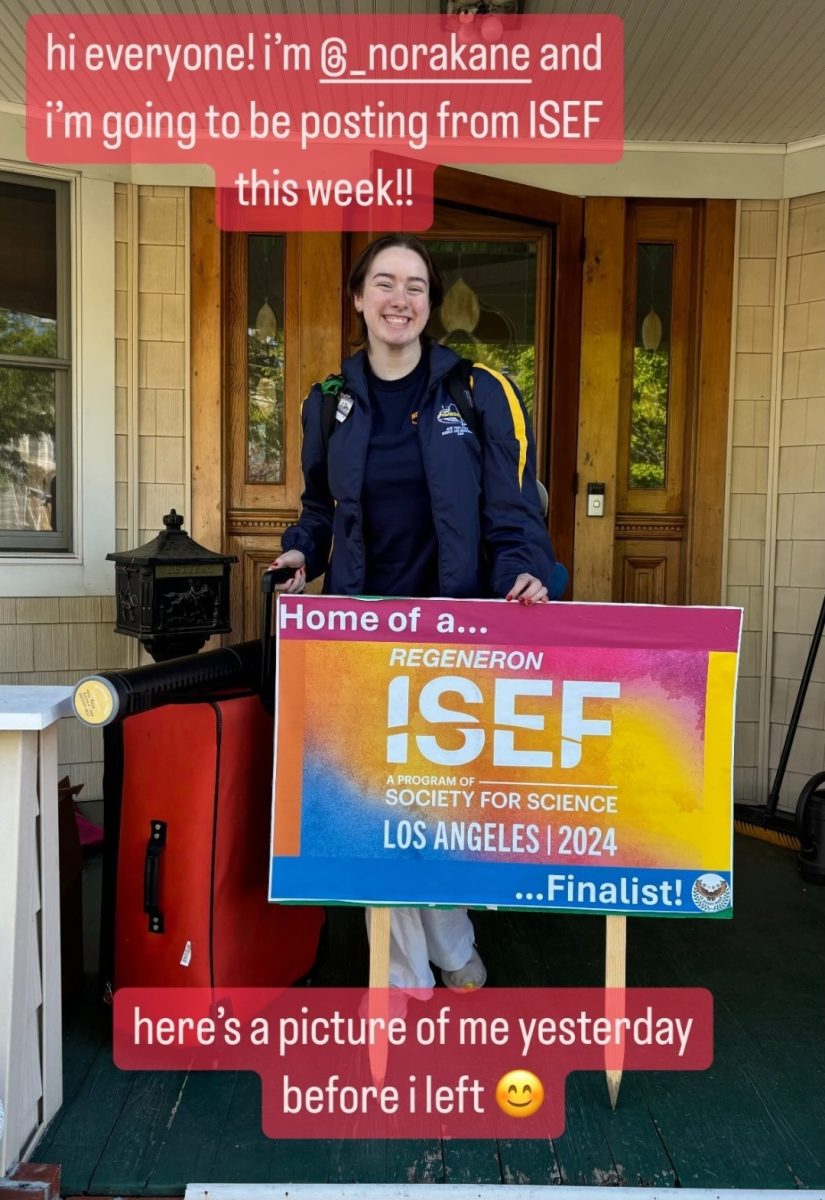


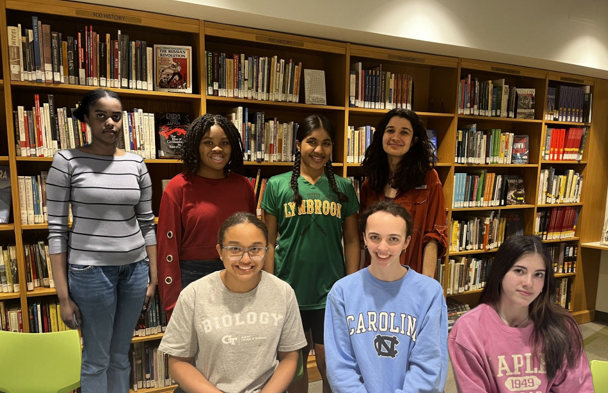
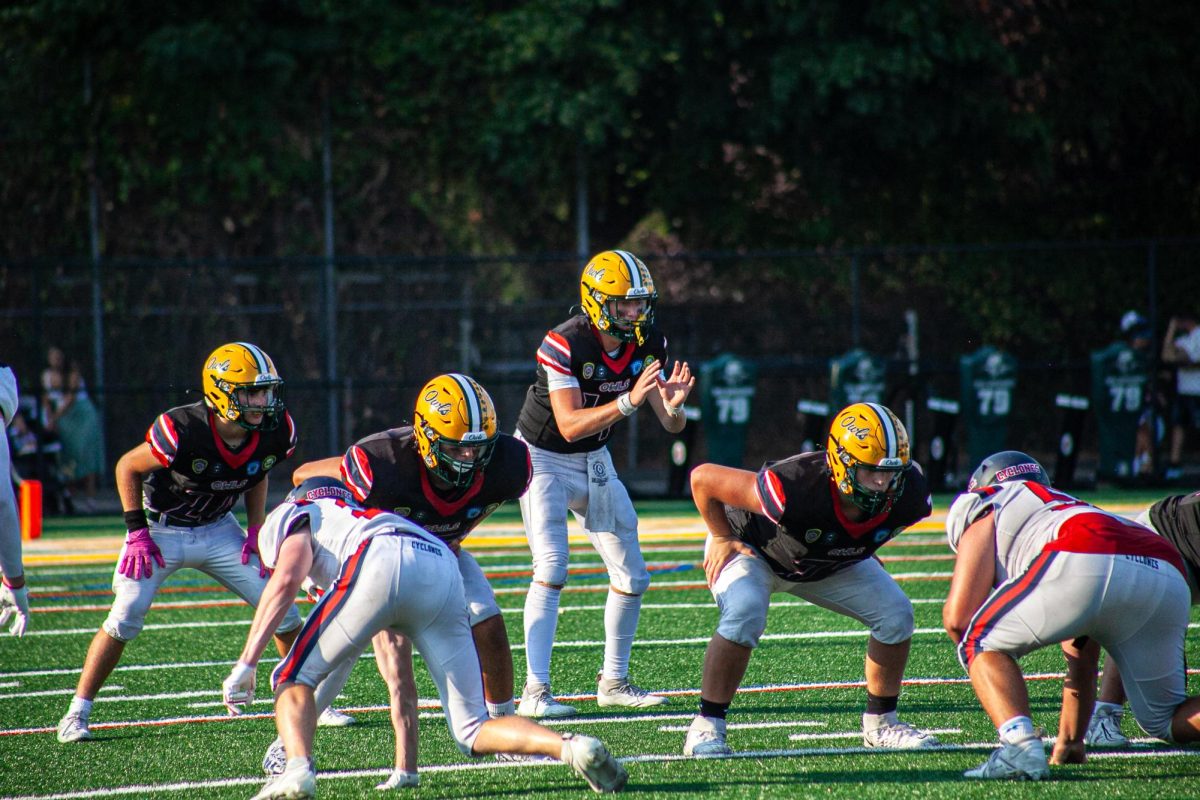
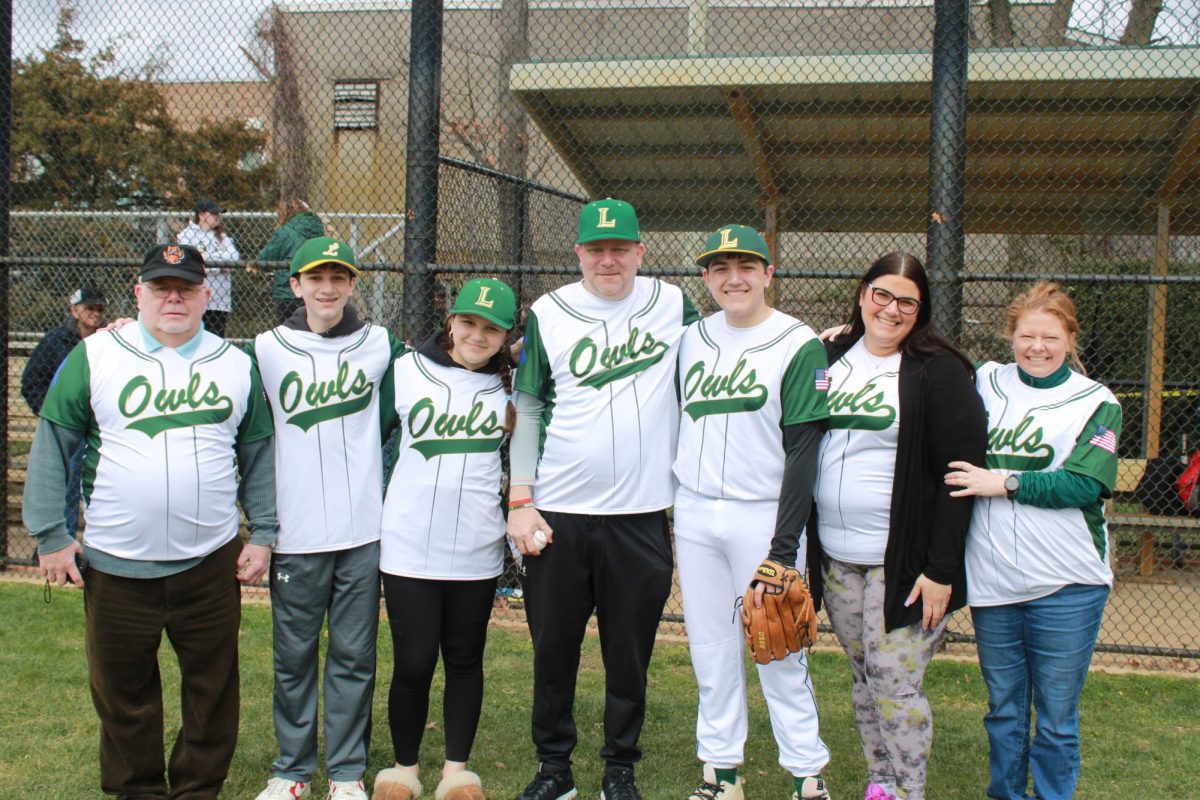
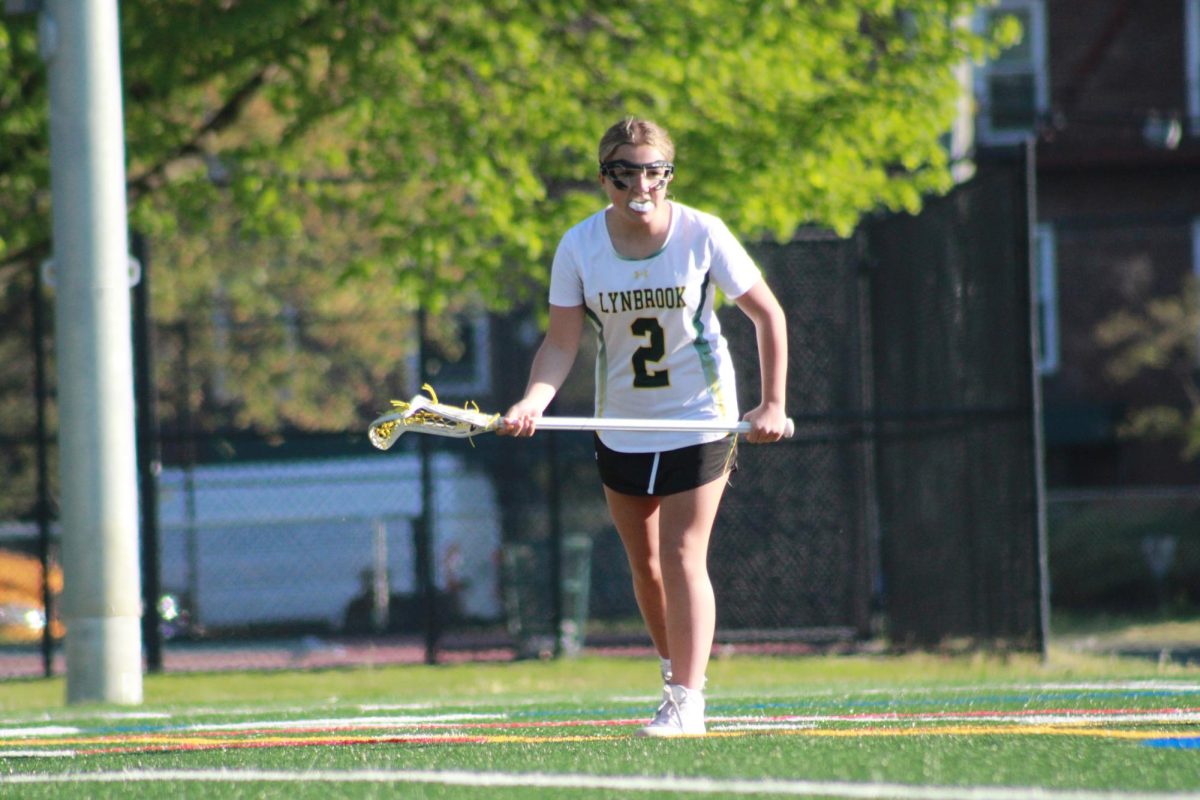
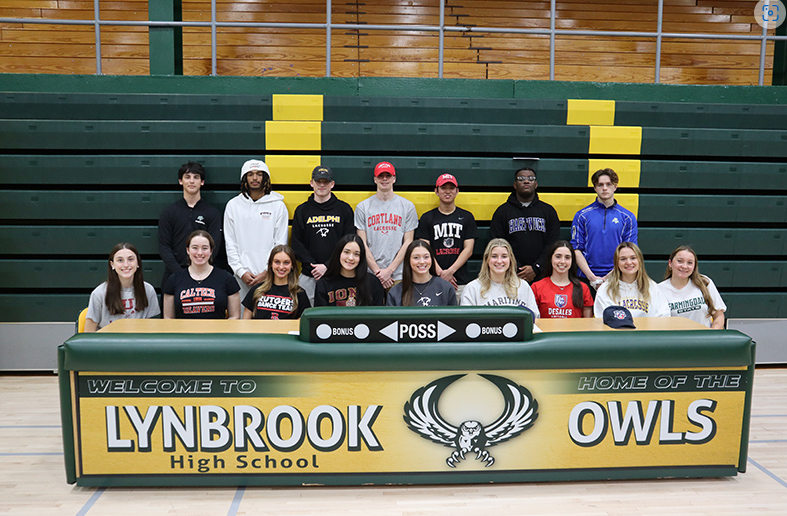






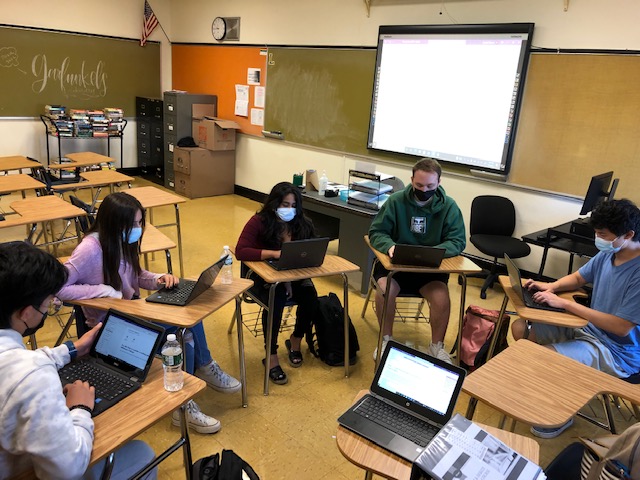
![Key Club members pose for a photo with Club Advisor Dr. Tieniber [far right] at Stonebridge Country Club. Photo Courtesy of @lhstieiber Instagram page.](https://lhshorizon.com/wp-content/uploads/2024/10/tempFileForShare_20241014-162748-600x448.jpg)
